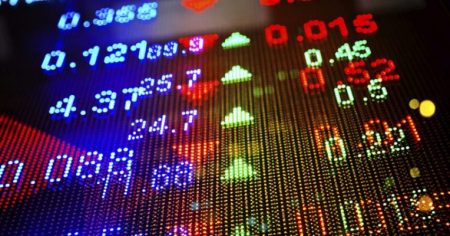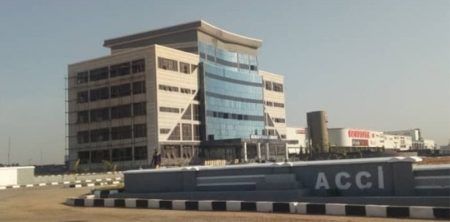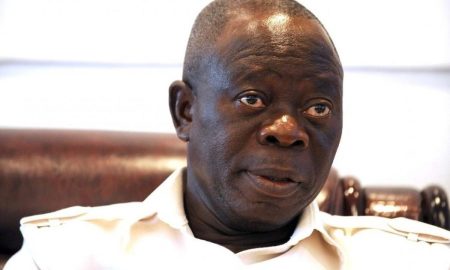Nigeria experienced a significant reduction in its petrol import expenditure during the first quarter of 2025, plummeting by 54% to N1.76 trillion compared to N3.81 trillion in the corresponding period of 2024. This substantial decrease of over N2 trillion signifies a notable shift in the nation’s reliance on imported refined fuel, primarily attributed to the increased domestic supply from the Dangote Petroleum Refinery. The refinery’s escalating production has begun to displace foreign petrol suppliers, marking a turning point in Nigeria’s long-standing dependence on imported fuel. This decline also represents a 47% reduction compared to the fourth quarter of 2024, when petrol imports totaled N3.3 trillion. The first quarter of 2025 figures represent a return to pre-2022 levels, suggesting a potential structural change in Nigeria’s petroleum trade dynamics.
A historical analysis of petrol import trends reveals a steady increase until 2024. Imports stood at N732 billion in Q1 2020, rose to N1.29 trillion in Q1 2021, and more than doubled to N2.69 trillion in Q1 2022. While a slight dip to N2.03 trillion occurred in Q1 2023, imports surged to a record high of N3.81 trillion in Q1 2024. The sharp reversal in 2025 to N1.76 trillion marks a significant departure from this upward trajectory. This decline can be directly linked to the commencement and ramp-up of operations at the Dangote Petroleum Refinery, which has significantly bolstered domestic petrol supply.
Despite the positive impact of increased domestic refining, Nigeria continues to rely on regional trade for a portion of its fuel needs. Petrol remained Nigeria’s most imported product from ECOWAS countries in Q1 2025, constituting N89.18 billion or 44.51% of all imports from the region. This also represented a significant portion of Nigeria’s total imports from West Africa (41.86%) and the entire African continent (11.63%). These figures underscore the continuing importance of regional trade routes in meeting domestic fuel demand, as the country strives towards complete self-sufficiency in petroleum refining. Other significant petroleum-based imports from the ECOWAS region during the quarter included gas oil (N23.15 billion) and petroleum bitumen (N20.58 billion), highlighting the sector’s substantial contribution to Nigeria’s overall trade activity.
Nationally, petrol also ranked among the top five imported commodities, alongside gas oil, crude petroleum oils, cane sugar for refining, and durum wheat, as per the NBS report. This highlights the continued importance of these commodities to the Nigerian economy, despite the significant strides made in domestic petrol production. The Dangote Refinery’s contribution to this shift is undeniable, currently operating at approximately 85% of its 650,000 barrels per day installed capacity. This substantial output has injected greater competition into the downstream market, leading to a notable decrease in petrol retail prices in Lagos, which fell to as low as N860 per litre in early 2025.
However, the refinery’s initial operations have not been without challenges. A temporary suspension of local currency sales occurred in March 2025 due to difficulties in sourcing foreign exchange, stemming from the discrepancy between purchasing crude oil in dollars and receiving payments in naira. The Federal Government’s intervention to resolve this naira-for-crude bottleneck has since enabled the refinery to resume the deal and further reduce Nigeria’s reliance on petrol imports. This intervention underscores the government’s commitment to supporting local refining capacity and achieving fuel self-sufficiency.
Aliko Dangote, President of the Dangote Group and founder of the Dangote Refinery, has hinted at a significant restructuring of the downstream sector. He described it as a “major shakedown,” emphasizing that it goes beyond mere price reductions and encompasses a complete overhaul of the downstream industry. Dangote also affirmed the refinery’s eventual listing on the stock exchange, beginning with the fertilizer company in 2025. This move towards public listing signifies the company’s intention to broaden its investor base and further contribute to the Nigerian capital market. He further reiterated the refinery’s significant benefits for the Nigerian economy and its citizens, including the elimination of long fuel queues. Dangote expressed confidence in the refinery’s continued growth and its contribution to Nigeria’s economic transformation, emphasizing the company’s commitment to supporting the government’s vision of a self-reliant and globally competitive nation.














